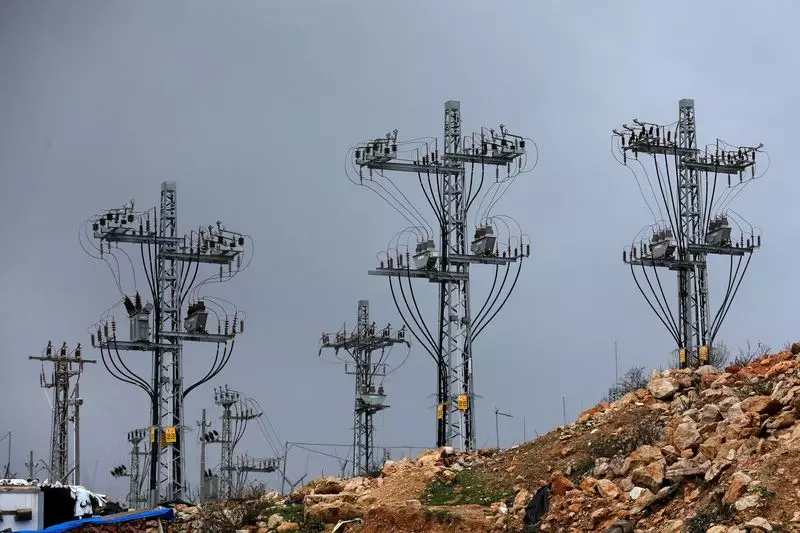The financial relationship between Israel and the Palestinian Authority (PA) has been a source of tension, particularly highlighted in recent governmental decisions that intertwine fiscal policy with political strategy. The Israeli Finance Minister, Bezalel Smotrich, recently announced a bold plan to utilize tax revenue collected on behalf of the PA to pay off a substantial debt owed to the Israel Electric Company (IEC). This move has sparked intrigue and concern, illuminating the complexity of the financial interactions in a region often defined by conflict.
Israel’s fiscal dealings with the PA are defined by the tax collected on goods passing through Israeli checkpoints into the West Bank. Under a longstanding arrangement, these funds are meant to be transferred to the PA for governance and public services. However, the current geopolitical climate, exacerbated by the Hamas-led attacks on October 7, 2023, has drastically altered the balance of these transactions. Smotrich’s decision to withhold substantial revenue—totaling roughly 800 million shekels earmarked for administration expenses in Gaza, is ostensibly a response to ongoing violence and political unrest. This drastic measure is not merely fiscal; it represents a significant shift in diplomatic relations, where financial leverage is utilized as a tool for political influence.
The Israeli Finance Minister’s plan to redirect funds to settle the PA’s debt to the IEC underscores a complicated interface between necessary economic transactions and outright political maneuvering. Smotrich argued that the PA’s long-standing debt, coupled with high loans and interest rates, poses a financial risk not only to the Palestinian Authority but also to Israeli citizens. By framing the payment as a necessary corrective action to preserve the financial stability of Israeli state-run enterprises, Smotrich leverages the situation to reinforce the narrative of Israeli proactivity in economic matters.
The Palestinian Finance Ministry’s response, characterizing Norwegian-held funds as part of a “punitive measure” against the PA, further highlights the strained relations and mutual distrust. The agreement on releasing portions of the Norwegian funds for specific purposes—such as paying Israeli fuel companies and settling electrical debts—reveals a fragile compromise that still places severe constraints on the PA’s overall financial health. It highlights the difficulty of navigating economic necessities within a political framework that is fraught with suspicion and hostility.
Smotrich’s overt resistance to transferring funds for public sector wages reflects a deeper ideological stance against financial support for the PA, especially in light of accusations relating to the complexities of Hamas and its governance of Gaza. The PA’s current struggle to pay even a fraction of public sector salaries—a mere 50-60%—paints a grim picture of governance in Palestinian territories. Moreover, Israel’s strategy of deducting funds that correspond to so-called martyr payments raises persistent ethical and humanitarian questions. This practice exacerbates financial disparities and contributes to worsening living conditions for Palestinians, revealing the undeniable intertwining of economics with human welfare.
The Palestinian Finance Ministry’s assertion that over 3.6 billion shekels remain withheld by Israel due to these ongoing disputes further illustrates the precarious balance between fiscal policy and humanitarian need. The continuous monthly deductions—averaging 275 million shekels since the onset of the conflict in October 2023—have led to an exacerbated financial crisis, complicating the PA’s ability to function effectively and undermining public services.
As Israel maneuvers through these financial and political landscapes, the adaptations made in response to geopolitical challenges reveal a layered and complex relationship with the PA. The use of tax revenue as a bargaining chip highlights a broader narrative where financial control is both a weapon and a tool of governance, with profound implications for the lives of ordinary Palestinians. It raises pressing questions not only about the future of these negotiations but also about the long-term viability of the PA amidst enduring geopolitical strife.
The situation demands careful and humane consideration of the intertwined nature of economic and political needs, emphasizing the overriding requirement for dialogue and mutual understanding to facilitate stability in a region that has long endured the turbulence of both conflict and the striving for peace.

